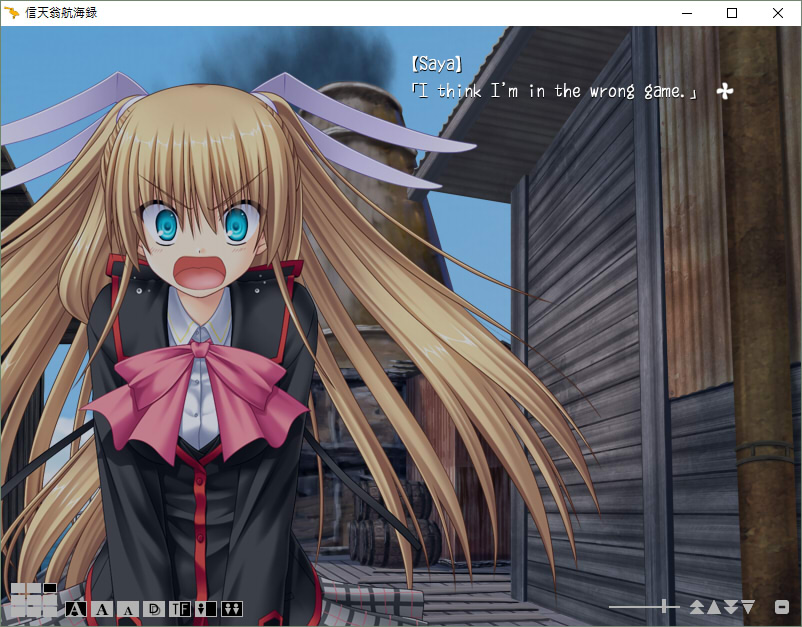Quick 'n dirty .NET library for working with Liar-soft's and raiL-soft's projects. Mainly tested with Albatross Log.
A few notes for using the library.
var archive = XflArchive.FromFile("archive.xfl");
archive.CreateEntry("newFile.wcg", File.ReadAllBytes("my.wcg"));
archive.Save("archive2.xfl");
archive.ExtractToDirectory("archive_extracted");)Scenario files can be loaded like so:
var transFile = TransFile.FromGSC("my_text.gsc");
transFile.Save("my_text.txt");Edit the stuff and load it back using:
var gscFile = TransFile.FromFile("my_text.txt").ToGSC("my_text.gsc");
gscFile.Save("my_new_text.gsc");It is possible to a certain degree to read the commands in a scenario file using the CommandTranslator or the CommandTokenizer.
var scenario = GscFile.FromFile("my_text.gsc");
var translator = new CommandTranslator(scenario);
foreach(var command in translator.GetCommands()) {
Console.WriteLine(command);
}The CommandTranslator will try to map the tokens emitted by the tokenizer to subclasses of ICommand. If it fails, it will simply create UnknownCommand instances. Currently mapped:
- Sprite images
- Background images
- Text
- Goto, AND, Assign and some more operations
- Transitions
Only 32-Bit files are supported.
To turn WCG files into any sort of file you want:
using (var wcg = WcgImage.FromFile("my_image.wcg"))
using (var img = wcg.ToImage())
{
img.Save("my_image.png");
}The images can be turned back in a similar manner:
using (var img = Image.FromFile("my_image.png"))
using (var wcg = WcgImage.FromImage(img))
{
wcg.Save("my_image.wcg");
}Note that the generated WCG files are anything but optimized.
Putting aside whether or not they can be called "canvas" files, they store a list of images (WCG) with a position (x, y).
You can load them like so:
var canvas = LwgCanvas.FromFile("my_canvas.lwg");
foreach(var image in canvas.Entries)
{
Console.WriteLine("IMG: {0} [x={1}, y={2}]", item.Path, item.X, item.Y);
}You can also populate a (new) LWG file.
var canvas = new LwgCanvas("my_canvas.lwg");
canvas.ReplaceImage("content_wcg", WcgFile.FromFile("content_wcg.wcg"), 0, 0);
canvas.Save("my_new_canvas.lwg");The class also has a few helper methods that make it easy to extract and import entire folders.
